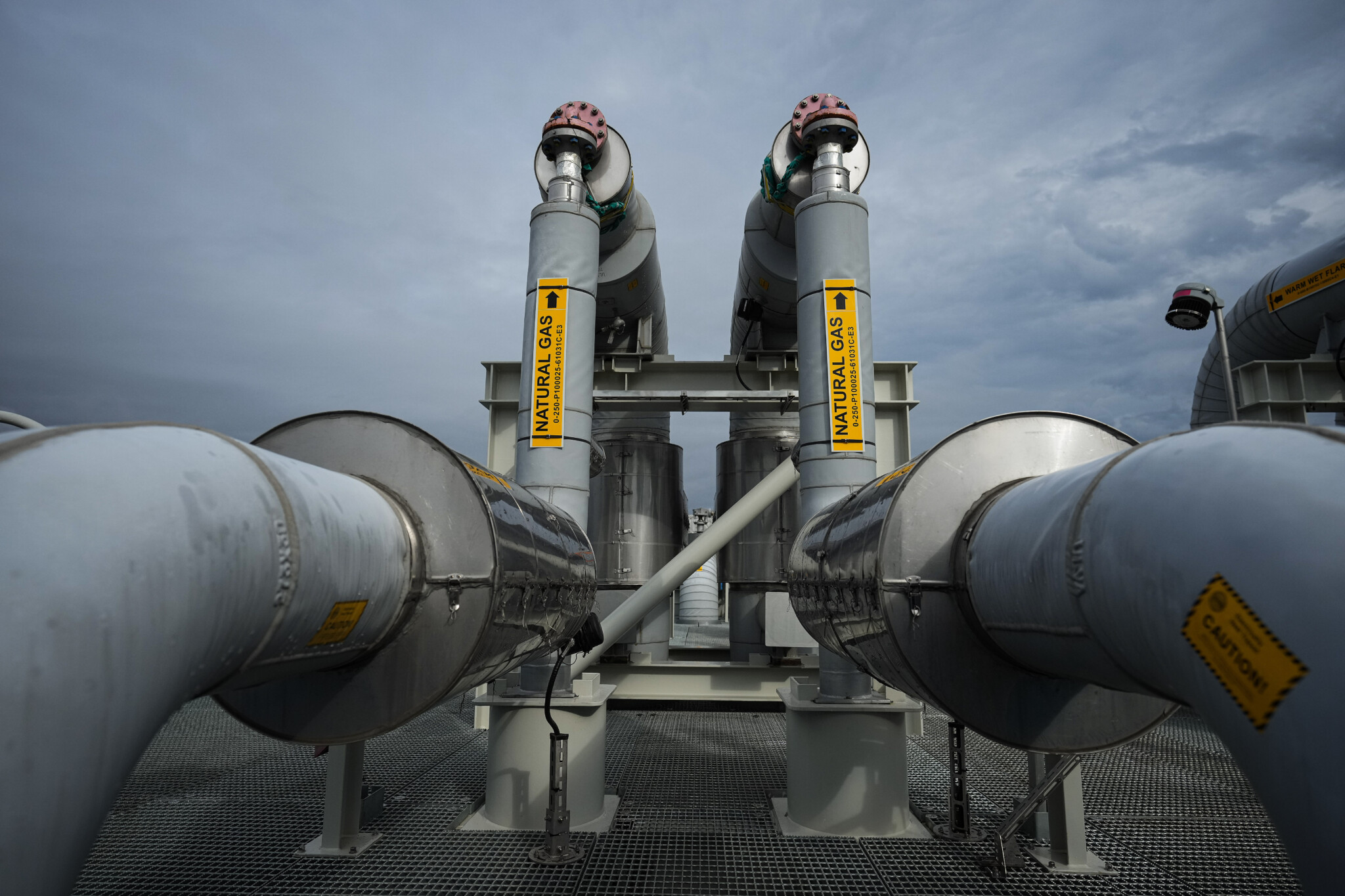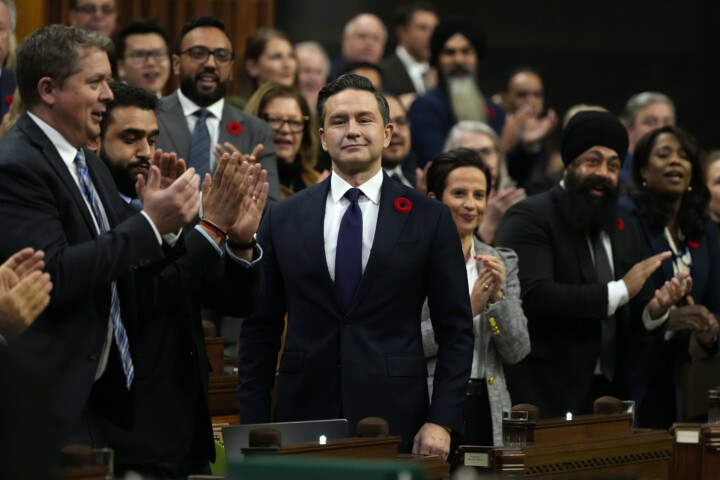In a recent episode of Hub Dialogues, John Stackhouse, senior vice president at RBC, and RJ Johnston, senior director at Columbia University’s Center on Global Energy Policy, provided critical insights into the role of natural gas in global energy security, climate strategy, and geopolitical stability ahead of the G7 Summit.
Here are five key takeaways from their discussion.
1. Natural gas as a geopolitical and security imperative
The weaponization of energy by Russia following its invasion of Ukraine has underscored the strategic importance of natural gas for national security. Stackhouse likened the current moment to the 1970s oil crisis, emphasizing that gas has become a tool of state power. The G7, representing advanced industrial democracies, must prioritize gas security to reduce reliance on adversarial suppliers like Russia.
Johnston noted that China’s LNG strategy—focused on diversifying suppliers and boosting domestic production—adds complexity. While China remains a major buyer in the near term, its demand may plateau by 2040, shifting opportunities to emerging Asian markets like India and Southeast Asia. For Canada, the fourth-largest global gas producer, this presents a chance to supply allies while countering geopolitical rivals.
The G7 must treat gas as a strategic asset, leveraging collective supply chains to enhance energy security and reduce vulnerabilities.
2. The case for a ‘G7 Gas Club’
Stackhouse and Johnston proposed a “G7 Gas Club”—a coalition of like-minded producers and consumers to coordinate investments, infrastructure, and standards.
This club would:
- Stabilize supply chains to mitigate price volatility and ensure reliable access for allies.
- Set environmental and social standards, such as methane reduction and Indigenous engagement, where Canada could lead.
- Mobilize multilateral banks to finance gas infrastructure in developing nations, helping them transition from coal.
Johnston highlighted that such a club could serve as a democratic counterweight to OPEC or China’s influence in energy markets. Unlike the 1970s oil crisis, today’s producers (like the U.S. and Canada) are also major consumers, enabling a more balanced dialogue within the G7.
A coordinated gas alliance could enhance market resilience, set global standards, and align energy security with climate goals.
3. Canada’s LNG opportunity–and urgency
Canada has significant untapped LNG potential but risks falling behind competitors like the U.S. due to delays in project approvals.
Stackhouse outlined Canada’s advantages:
- Speed: projects like LNG Canada (the largest private-sector construction in Canadian history) demonstrate readiness to scale.
- Technology: electrification and methane capture position Canadian gas as a lower-emission option for climate-conscious buyers (e.g., Japan).
- Indigenous equity: partnerships with First Nations in British Columbia provide a model for inclusive development.
Johnston warned that without swift action, the U.S. (including via Alaska LNG projects) could dominate emerging Asian markets. The next one to two years are critical for Canada to fast-track projects while balancing climate commitments and reconciliation.
4. The AI economy’s energy demands
A surprising theme was the growing energy needs of AI and data infrastructure. Stackhouse noted Japan’s foresight in recognizing that computation will require vast, stable power, a demand that gas can meet alongside renewables.
Stackhouse emphasized that AI isn’t just about chatbots, but rather the backbone of future economies. This aligns with the G7’s need to plan for 2030-2040 energy grids, where gas complements renewables to power urbanization, industrialization, and digital expansion.
5. Balancing climate goals and gas expansion
The speakers rejected a false choice between gas and climate action, advocating pragmatic solutions:
- Scope three emissions: instead of micromanaging end-use emissions, Canada could work with net-zero-aligned partners (e.g., Japan) to ensure gas displaces coal in developing nations.
- Innovation: onvestments in hydrogen, carbon capture, and renewable natural gas could decarbonize the gas value chain long-term.
Johnston cited Germany’s LNG Acceleration Law as a model for fast-tracking projects without sacrificing environmental or Indigenous rights standards.
This article is made possible by RBC and readers like you. Donate today.
Generative AI assisted in the production of this story.









